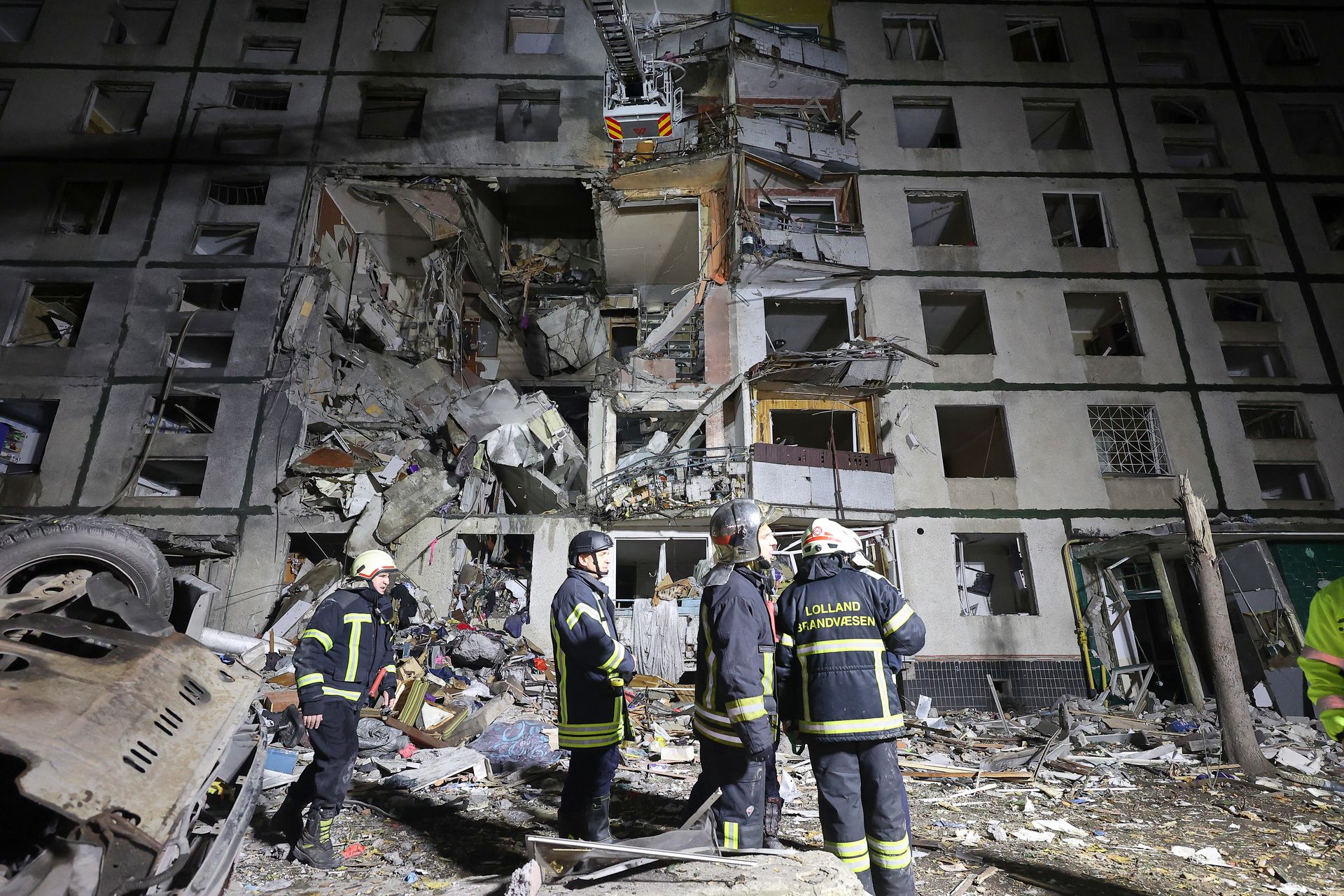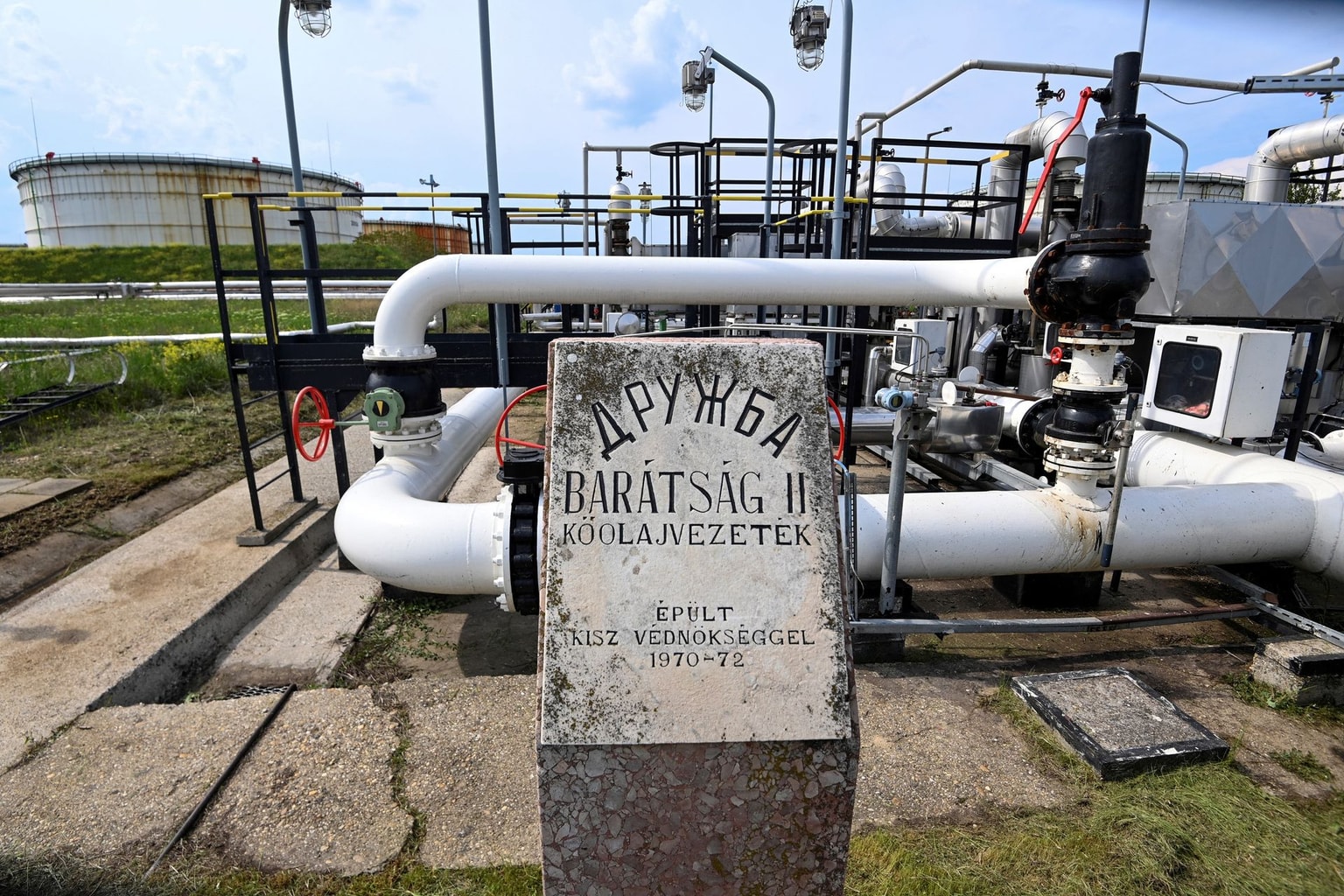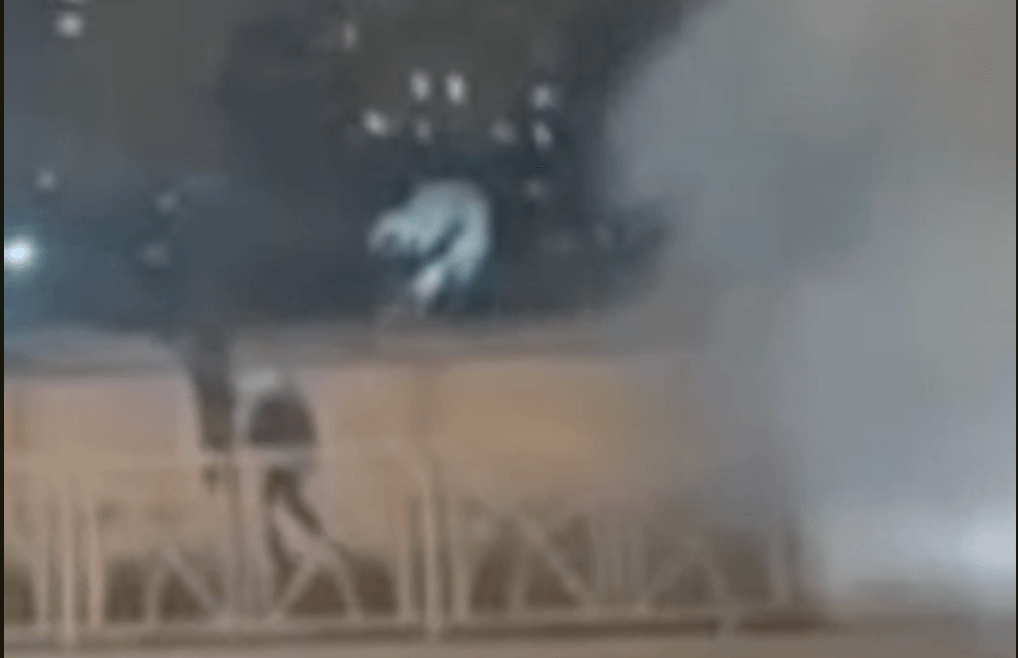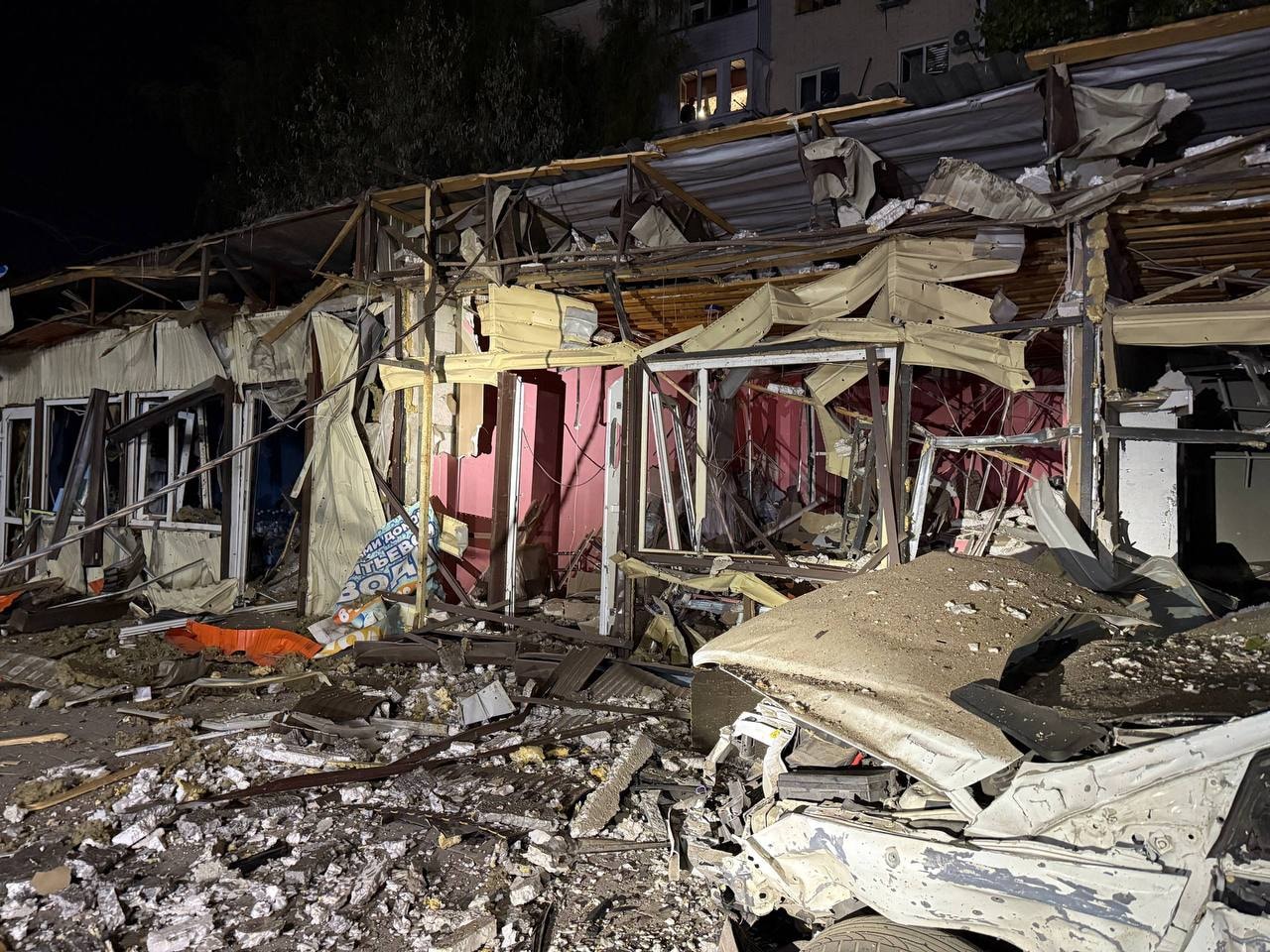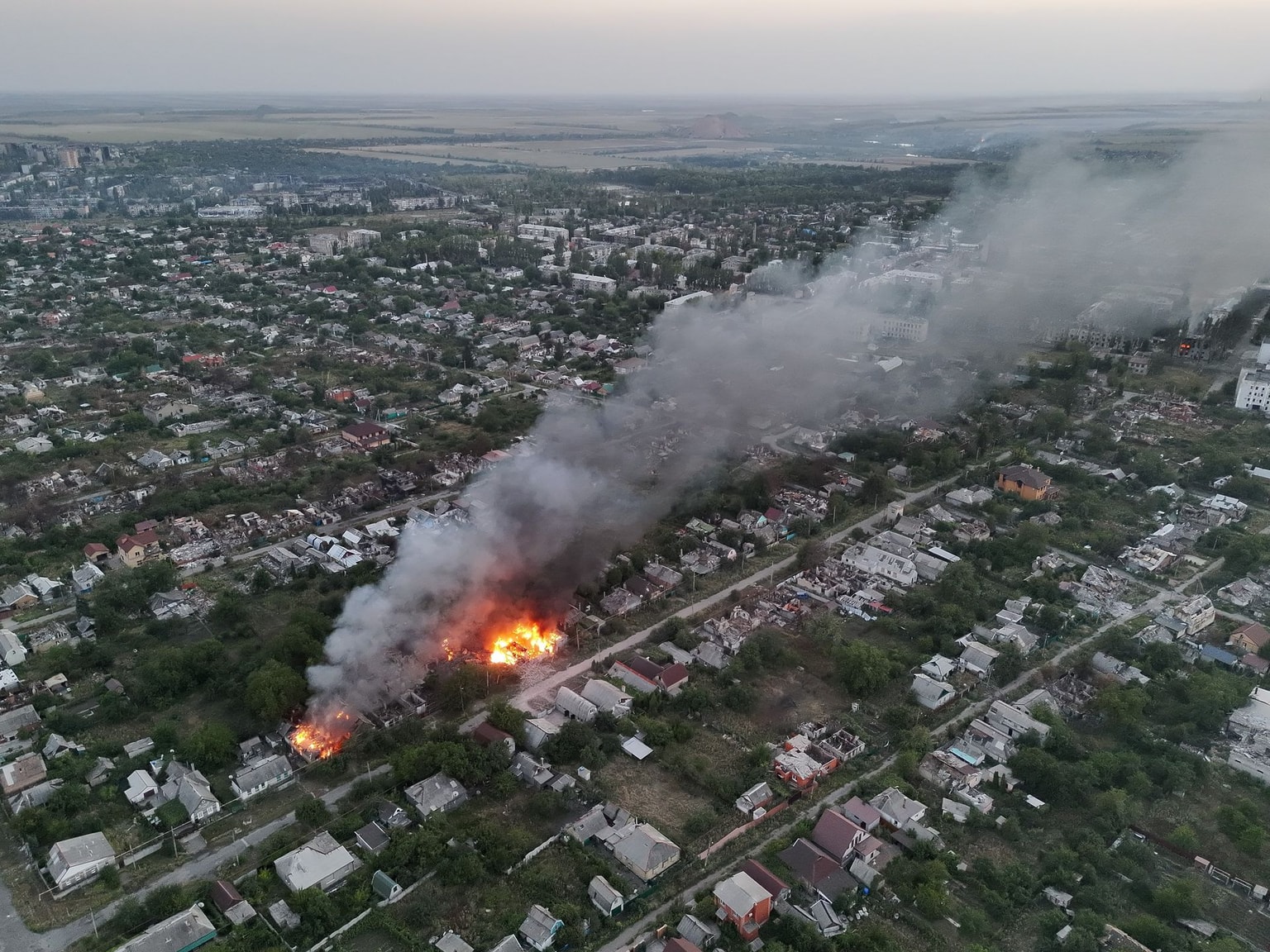Hungarian, Romanian oil refineries tied to Russia hit by blasts
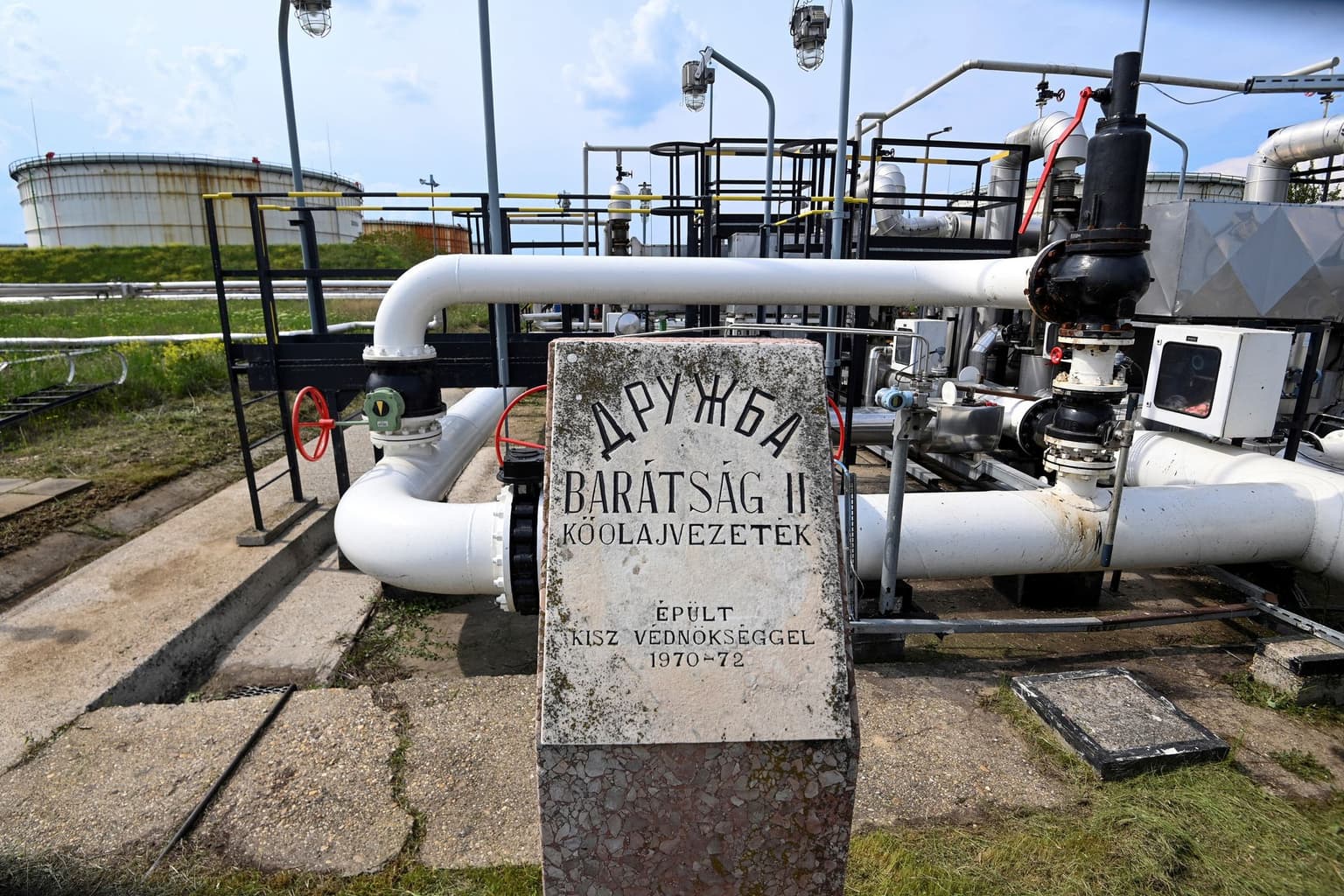
Editor's note: This story has been updated with the latest developments regarding the situation at the Szazhalombatta oil refinery in Hungary.
Explosions occurred at oil refineries in Romania and Hungary on the evening of Oct. 20, both of which have links to Russia, local media reported on Oct. 21.
Russian oil remains a key source of revenue for Moscow's war effort in Ukraine. Despite the European Union's push to fully phase out Russian energy, several member states continue to receive supplies.
A midday explosion occurred at the Petrotel-Lukoil refinery in Ploiesti, southern Romania, on Oct. 20.
The facility, owned by a subsidiary of Lukoil, one of Russia's largest privately owned oil and gas companies, had reportedly been offline since Oct. 17 due to a planned technical inspection, according to Hungarian newspaper Vilaggazdasag.
A 57-year-old worker sustained serious head and leg injuries and was taken to intensive care.
In light of recent Ukrainian strikes on Russian oil infrastructure, local authorities have not ruled out the possibility that the incident was a deliberate act. Yet, other potential causes, such as human error or technical malfunction, are also being considered, according to Vilaggazdasag.
An explosion also occurred at Hungary's largest oil refinery, located in the city of Szazhalombatta, which receives crude oil from Russia, according to Hungarian media outlet Telex.
The Danube Refinery, situated 27 kilometers (about 17 miles) from Budapest and owned by the Hungarian oil company MOL, caught fire on the evening of Oct. 20 following the explosion. Firefighters managed to contain the blaze by the morning of Oct. 21.
No injuries or fatalities have been reported.
The exact cause of the incident remains under investigation. The Szazhalombatta facility, considered the most advanced in Hungary's oil refining sector, may now face a temporary shutdown.
The refinery is supplied with crude oil from Russia through the Druzba pipeline.

On the night of the Oct. 20 fire, "some special work" was reportedly underway at the plant, though this was not mentioned in official statements, Telex reported on Oct. 22, citing its undisclosed sources. At the same time, the MOL oil company said no open-flame operations, such as welding, were being conducted that evening.
One of the facility's key components is a distillation tower, which separates liquid mixtures from crude oil based on differing boiling points.
According to oil and gas equity analyst Tamas Pletser, if the tower was not damaged, repairs could be completed within several weeks. However, if the tower sustained damage, restoration could take six months to a year, he told Telex.
As of now, the extent of the damage caused by the fire remains unclear.
Russia's Novokuibyshevsk oil refinery also suspended operations on Oct. 20 following a drone attack, according to Reuters.
The Novokuibyshevsk refinery, located in Volga Oblast, is part of Rosneft's Samara group of refineries, which includes the Kuibyshevsk and Syzran plants.
Ukraine has not commented on the explosions at oil refineries in Romania and Hungary, nor on the drone strike at the Novokuibyshevsk facility.
